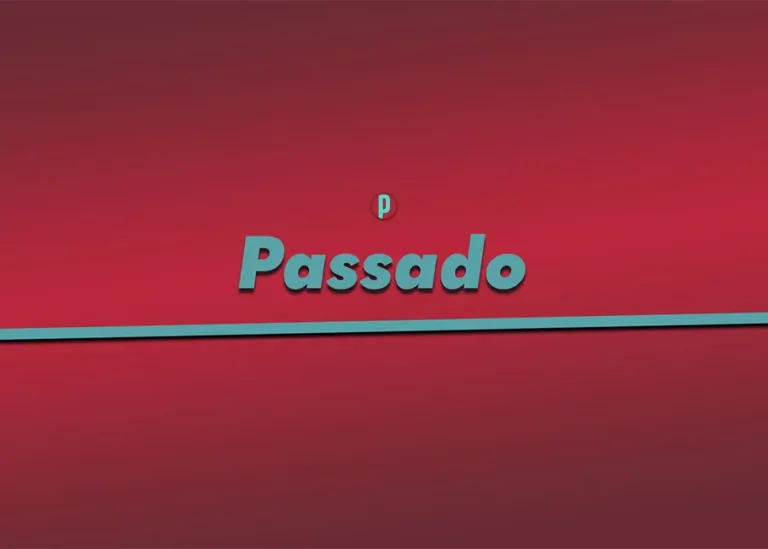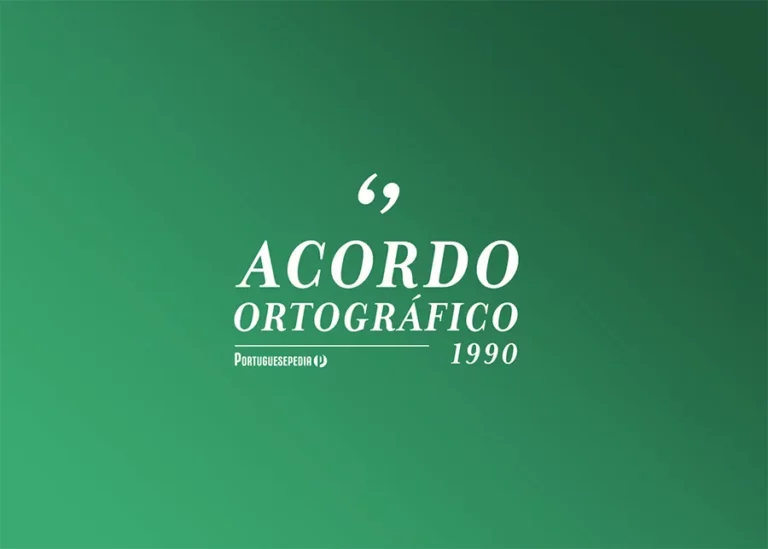
The Portuguese Verb Fazer
The Portuguese verb Fazer means different things depending on the context. Depending on the context, its English equivalent can be Make, Do, or Take. Additionally, there are…

Portuguese Irregular Verbs Students Need to Learn as Soon as Possible
Have you noticed that some of the most frequently used verbs in Portuguese happen to be irregular? These verbs are not only high-frequency but they also tend…

Portuguese Verb “Dar”: An Idiomatic Gem
If you asked me to list the most frequently used, idiomatically rich verbs in Portuguese, I’d certainly put Dar on top of that list. Dar means ‘give’,…

Portuguese Past Tenses – Usage Rundown Anchored to English
In this article, we will take a look at the Portuguese equivalents of the English Past Simple, Past Continuous, and Past Perfect tenses. Past Simple Preterite –…

Portuguese Preposition ‘De’
The Portuguese preposition de is a preposition of origin and the Portuguese equivalent of from in English. Additionally, we use de to indicate possession, modify a noun,…

Portuguese Spelling Reform
In 1990, various Portuguese-speaking countries agreed on a spelling reform to create and maintain a cohesive, international standard across borders. In Portugal, in particular, the spelling reform came…

Portuguese Prepositions and Contractions
In general, prepositions have an infamous reputation among language learners. Judging by all the whining and moaning I’ve heard from students throughout the years, Portuguese prepositions are…

“Como” in Portuguese – More Than Just a Question Word
The Portuguese word Como is way more than just a question word. In fact, I can think of 4 other ways of using Como! Let’s take a…

20 Portuguese Idioms and Expressions to Impress Locals
If you’re planning a trip to Portugal or simply looking to connect with Portuguese speakers, incorporating idioms and colloquial expressions into your conversations can make a significant…

Portuguese Verbs “Ir” vs. “Andar” – Know When to Use Either
I’ve noticed that Portuguese language learners often use the verb Andar when they want to say Ir, and vice-versa. This happens almost without exception in a context…

Portuguese Verbs Ser vs. Estar: How and When to Use Either
In Portuguese, there are two To Be verbs: Ser and Estar. Not fully understanding their differences, language learners will often hesitate between using one or the other.…

Poder vs. Conseguir in Portuguese – Tease Them Apart
Portuguese language learners often struggle to discern between Poder and Conseguir, not least native English speakers or anyone using English as a reference since Can usually encompasses…

Portuguese Gerund: Progressive Tenses and Beyond
The Portuguese Gerund (Gerúndio) is used to build Progressive tenses (such as the Present Continuous) and is the equivalent of the English Present Participle: the -ing verb…

Portuguese Present Tense – Usage Rundown Anchored to English
This article concerns Portuguese equivalents to the English Present Simple, Present Continuous, and Present Perfect tenses. We will be mostly focusing on usage, not conjugation. To learn…

Portuguese Idioms with “Pé”
Getting acquainted with Portuguese idiomatic expressions is key to reaching language fluency and feeling at home with day-to-day lingo. Today, I am bringing you 13 frequently-used Portuguese…

Portuguese-English Cognates: Boost Your Portuguese Vocab Overnight
Here you are, learning a new language and probably assuming you are starting from ground zero. What if that’s not the case at all? What if you…

Portuguese Vocab for Foodies: Dining Out in Portugal
Portugal is a haven for foodies! From the freshest seafood to hearty stews and delicious desserts, Portuguese cuisine will tantalize your taste buds. Let’s master a few…

Portuguese Polite Expressions – Desculpa vs. Com licença vs. Por Favor
At the beginning of their learning journey, many Portuguese language learners struggle to discern between expressions such as Desculpa, Com licença, or Por favor, namely, when to…
